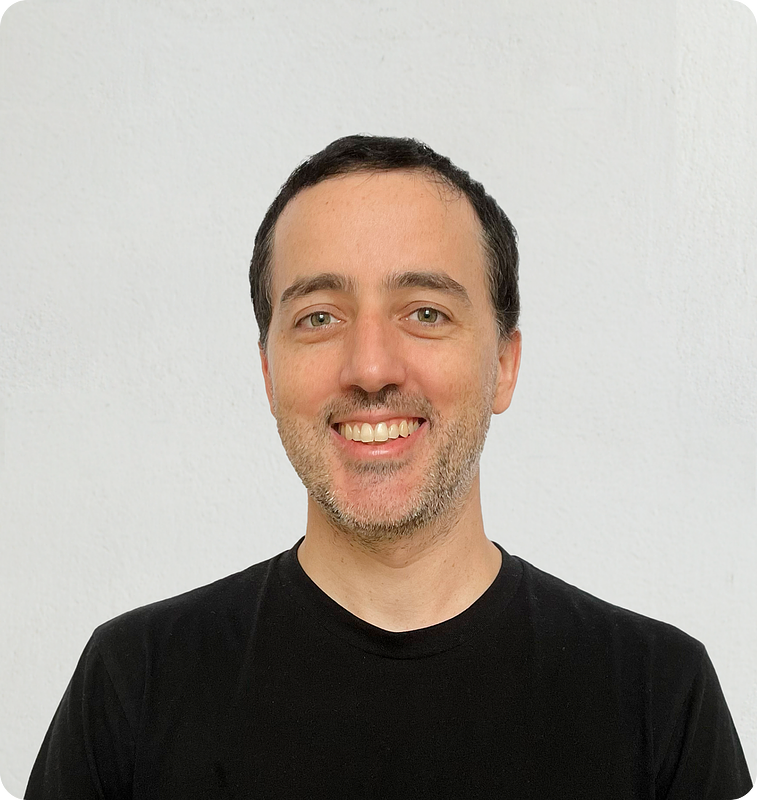Ruby on Rails
Juan Pablo Balarini • 08 SEP 2021
Why Ruby on Rails is awesome for MVPs

"Be water my friends" said Bruce Lee, and Ruby on Rails is all about that. (Watch interview here).
Ruby on Rails is a framework created by David Heinemeier Hansson in 2004. It will be your best friend anytime you want to create a product prioritizing speed and adaptability, and so it becomes a great option when it comes to the development of an MVP (or a prototype).
It enables you to build a top-notch web app, especially when you can't do it in another way because you have limited time and/or budget for your project.
The idea of a Minimum Viable Product is to launch and test the product into the market to get user feedback as soon as possible, and Ruby on Rails is an excellent web application framework for this approach.
Ruby on Rails is a framework, which provides a platform with code libraries and specific methods. It presents a foundation to simplify building databases, web services, and web pages using Ruby.
Even if you haven't heard of it before, for sure you've already met Ruby on Rails. Just think of mobile and web apps like Couchsurfing, Shopify, Square, Airbnb, Github, Twitch, Indiegogo, Zendesk, Hulu, SoundCloud, Etsy, or Heroku. Yes, they were all built on Ruby on Rails.
The DRY principle
Ruby on Rails' emphasis on the use of the Don't Repeat Yourself (DRY) principle is a great example of how RoR decreases the number of decisions a developer has to make (therefore, allowing devs to focus on what's important).
Without losing flexibility, redundancy is avoided by gems (software packages) containing programs or libraries frequently used. In this way, there's no need to repeat the same patterns every time you need to execute routine actions.
With Rails, you can avoid double work, welcoming optimization, and telling excessive efforts (and higher costs) goodbye.
RoR: the other pros
When you're a startup and want to stand out in a high-competitive market, you need help reducing costs and adapting quickly. How does the rails framework contribute?
-
It has a friendly and concise code.
-
It contains useful conventions.
-
It provides ready-made modules that minimize configuration.
-
It has simpler ways to automate testing.
-
It comes with built-in dev tools.
In all that ways, Rails makes developing much more efficient. And it's not only Rails' intuitive and compact syntax (along with its object-oriented nature) that makes developers work better. What else is there?
-
A super active and supportive community.
-
A significant amount of free, open-source libraries. There are 160,000+ Ruby gems available (remember that, among them, you will probably find that feature you’re looking to integrate, already waiting for you).
Ruby on Rails and MVPs
Ruby on Rails has been growing during the last fifteen years, becoming one of the most relevant technologies. It's clear: it's not just a trend. It has turned into an excellent option for soon-to-be-great businesses willing to test their product ideas, helping them develop solid minimum viable products.
It has also helped more established companies to upgrade innovative solutions. Ruby on Rails continues to be one of the best frameworks to build a product fast in order to validate your idea as soon as possible, and learn from your users. That's why we recommend it and use it ourselves.
And remember: “Knowing is not enough, we must apply. Willing is not enough, we must do.” — Bruce Lee.
If you want to check out our RoR projects, you can take a look here.
